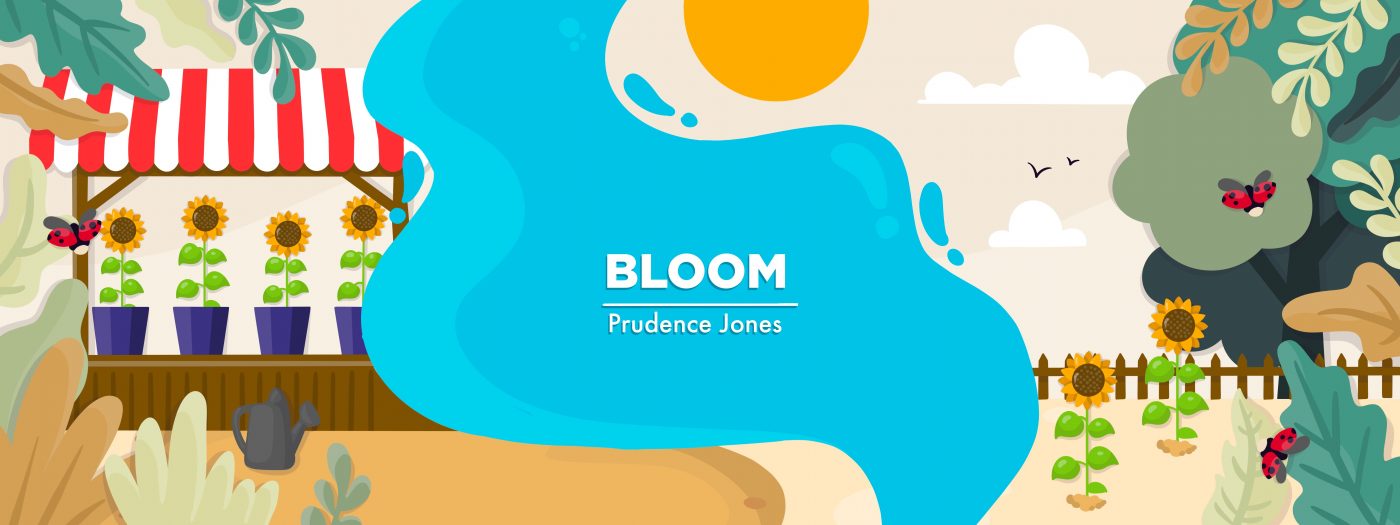Helping My Son Conserve Energy Is a Constant Juggling Act

Growing up, I was never good at performing tricks. I couldn’t whistle, I’ve never been able to cartwheel, and I’ve always been terrible at juggling.
Now, every day is the hardest juggling act of all.
One of the most important aspects of caring for my 2-year-old son, Alfie, is energy conservation. Because muscular dystrophy weakens muscles and causes fatigue, everything is exhausting for Alfie.
Alfie has to work really hard to do all of the things that most people take for granted, such as taking deep breaths, eating, talking, sitting, and even using the toilet.
Therefore, it’s really important that we prioritize what Alfie does. Conserving energy can help prolong his ability to participate in activities. If Alfie wants to spend a few hours zipping around the house in his manual wheelchair one afternoon, we need to accept that he probably won’t sit up, eat, and chat with us at dinner, as he’ll be too worn out.
If Alfie has a big morning at physical therapy and works really hard at assisted kneeling and standing, he probably won’t have the energy for sitting and playing independently.
Every day is a juggling act as we decide what takes priority. We also have to balance what is good for him medically with what contributes to his happiness and well-being.
These priorities can often change. If Alfie is unwell, it is imperative that we do chest percussions and respiratory exercises. If he is well, it is probably more important to spend time in his standing frame and stretch out his tight hips and hamstrings.
At times, I have prioritized oral eating, thinking it was really important, but currently, I’m happy for him to obtain nearly all of his nutrition through his feeding tube. He eats purely for the social and enjoyable aspects. The energy he would have used to self-feed, chew, and swallow is conserved for things that bring him more joy.
Every time we go to an appointment and are given new “homework” to do each day, I smile and nod, but in my head I’m thinking, “Yeah, right!”
I hope that as Alfie gets older we will be better able to discuss his needs and wants. I hope we’ll be able to work out what is most important to him rather than me guessing. But for now, whenever we are doing something, I try to think, “What is the purpose of this activity?” We then focus on that main goal and conserve energy elsewhere.
For example, if Alfie is in his standing frame, the main goal is for him to have a sustained stretch. Therefore, he doesn’t do anything else during this time that will exert too much energy. We usually stick to TV, the iPad, or water play. When we are focusing on speech therapy, he conserves energy by using supported seating.
But as usual, the overriding factor is always Alfie’s happiness.
I don’t have the answers. I haven’t gotten any better at juggling since I was a kid. I just take each day as it comes. I remain flexible and try to incorporate both a bit of therapy and a bit of fun into each day. (Or, if I’m really clever, we accomplish both at the same time!)
“And every day, the world will drag you by the hand, yelling, ‘This is important! And this is important! And this is important! You need to worry about this! And this! And this!’ And each day, it’s up to you to yank your hand back, put it on your heart and say, ‘No. This is what’s important.'” ― Iain Thomas
***
Note: Muscular Dystrophy News is strictly a news and information website about the disease. It does not provide medical advice, diagnosis or treatment. This content is not intended to be a substitute for professional medical advice, diagnosis, or treatment. Always seek the advice of your physician or another qualified health provider with any questions you may have regarding a medical condition. Never disregard professional medical advice or delay in seeking it because of something you have read on this website. The opinions expressed in this column are not those of Muscular Dystrophy News or its parent company, Bionews, and are intended to spark discussion about issues pertaining to muscular dystrophy.







Leave a comment
Fill in the required fields to post. Your email address will not be published.